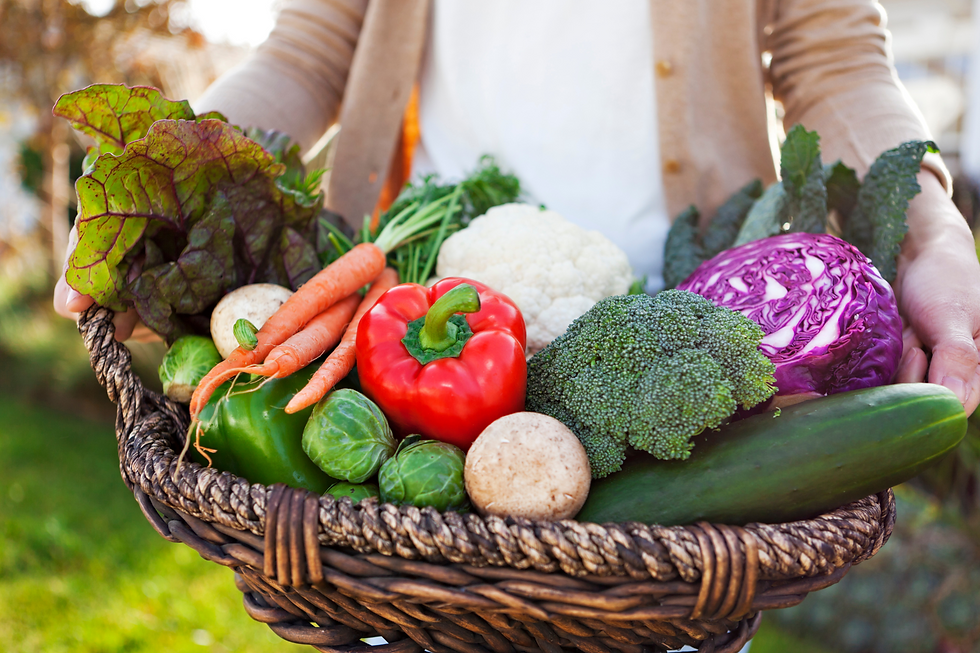Gardening and Young Learners
- Makela

- Feb 21, 2023
- 2 min read
Gardening offers children the opportunity to connect with nature and foster an appreciation and understanding of where our food comes from. And it’s not just about diet; the practice of gardening gets kids outside and active with their families, peers and/or classmates. During a time of increased food insecurity and limited access to education about nutritious food, children gardening may be exactly what we need in our classrooms and at home.
Nutritional Education
Gardening from a young age instills a strong sense of nutritional value in kids. This hands-on learning experience creates a connection between the self and the food we consume. For children, it creates a sense of ownership and responsibility: kids get to see each stage of the gardening process, from seed to harvest, which often encourages them to try new, healthy foods. Gardening also offers an opportunity for our young ones to build healthy relationships with nutritious foods.

Gardening as Project Based Learning
Project based learning is an educational approach that is designed to help young learners develop a deeper understanding of real world problems. Gardening as project based learning can ensure that we are challenging our kids to have an intrinsic inquiry about where our food comes from and how it grows. For educators, this may mean finding ways to incorporate math, science, storytelling and art lessons into community garden education. For parents, this may look like gardening at home and discussing what foods are locally grown and why. Through this, gardening can create a space to strengthen and encourage children's education and natural curiosity and get their hands dirty in the process.

Getting Active Outdoors
Gardening can be a great way to encourage children to get outside and engage with the world around them in a meaningful and activity based way. Maintaining a garden not only provides fresh fruit and vegetables in the long run, but it’s also a physical activity that contributes to our overall health and well being. Kids are more likely to both eat healthier and be active when they have a responsibility to a community garden.
Wondering how you can get your kids involved in community gardening? FULL is working to bring community gardens to schools across the globe.




Comments